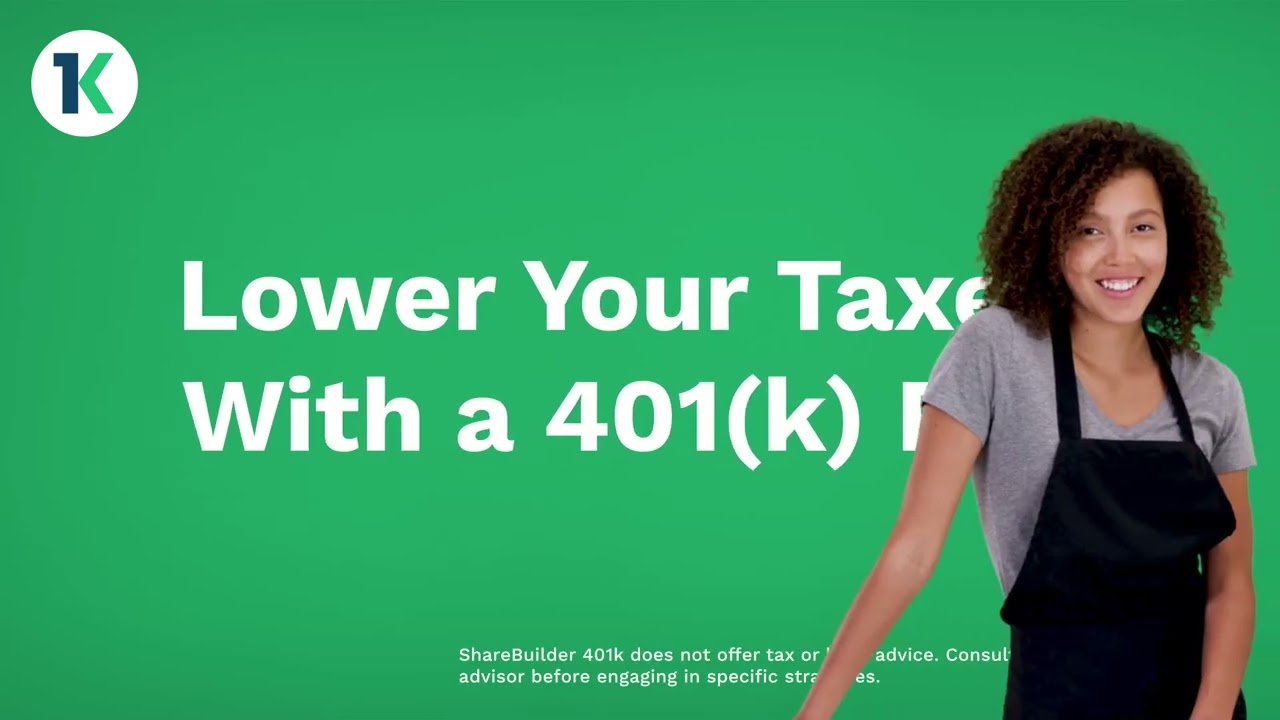Benefits of a 401k
A 401k is a retirement savings plan that offers numerous benefits to individuals. In this article, we will explore the advantages of having a 401k and how it can help you secure a financially stable future.
Tax Advantages
One of the key benefits of a 401k is the tax advantages it provides. Contributions made to a traditional 401k are tax-deferred, meaning you don’t pay taxes on the money you contribute until you withdraw it during retirement. This allows you to lower your taxable income in the present, potentially putting you in a lower tax bracket.
Additionally, some employers offer a Roth 401k option, where contributions are made after tax. The advantage of a Roth 401k is that qualified withdrawals during retirement are tax-free, providing you with tax-free income in your golden years.
Employer Matching
Many employers offer a 401k matching program, where they contribute a certain percentage of your salary to your 401k account. This is essentially free money that can significantly boost your retirement savings. It’s important to take full advantage of employer matching programs as they can help accelerate the growth of your 401k.
Retirement Savings Growth
A 401k allows your retirement savings to grow in a tax-advantaged manner. The contributions you make to your 401k are invested in a variety of investment options such as stocks, bonds, and mutual funds. Over time, these investments have the potential to grow and compound, increasing the value of your retirement savings.
Furthermore, the growth within a 401k is tax-deferred, meaning you won’t pay taxes on the earnings until you withdraw the funds during retirement. This allows your savings to grow at a faster rate compared to taxable investment accounts.
Portability
If you change jobs, you can typically take your 401k savings with you. This portability feature allows you to maintain the tax advantages and continue growing your retirement savings without disruption. You can either roll over your 401k into your new employer’s plan or an Individual Retirement Account (IRA).
Financial Discipline
A 401k encourages financial discipline by automating your savings. Contributions are deducted directly from your paycheck, making it easier to consistently save for retirement. This automated process eliminates the temptation to spend the money elsewhere and helps you build a nest egg for the future.

In summary, a 401k offers numerous benefits including tax advantages, employer matching, retirement savings growth, portability, and financial discipline. By taking full advantage of these benefits, you can secure a financially stable future and enjoy a comfortable retirement. Start saving in a 401k today and take control of your financial well-being!
Frequently Asked Questions about the Benefits of a 401k
1. What is a 401k?
A 401k is a retirement savings plan offered by employers, allowing employees to contribute a portion of their salary into a tax-advantaged investment account.
2. What are the benefits of having a 401k?
Some key benefits of a 401k include tax advantages, employer matching contributions, and the ability to grow your retirement savings over time.
3. How does a 401k provide tax advantages?
A 401k offers tax advantages as your contributions are made with pre-tax income, reducing your taxable income for the year. Additionally, the earnings on your investments within the 401k grow tax-deferred until withdrawal.
4. What is employer matching?
Employer matching is when your employer contributes a certain percentage of your salary into your 401k account, usually based on your contributions. It’s essentially free money that helps boost your retirement savings.
5. Can I access my 401k funds before retirement?
In most cases, you cannot access your 401k funds penalty-free before the age of 59 ½. However, there are some exceptions, such as financial hardship or disability.
6. Are there contribution limits for a 401k?
Yes, the IRS sets annual contribution limits for 401k plans. For 2021, the maximum contribution limit is $19,500, with an additional catch-up contribution of $6,500 for individuals aged 50 or older.
7. What happens to my 401k if I change jobs?
When you change jobs, you have several options for your 401k. You can leave it with your previous employer, roll it over into your new employer’s plan, roll it over into an Individual Retirement Account (IRA), or cash it out (subject to taxes and penalties).
8. Can I take a loan from my 401k?
Some 401k plans allow for loans, but not all. If your plan permits it, you may be able to borrow up to 50% of your vested account balance or $50,000, whichever is less. However, it’s important to consider the potential drawbacks and implications of taking a loan from your retirement savings.
9. What happens to my 401k when I retire?
When you retire, you can start withdrawing funds from your 401k account. Depending on your plan, you may have several options for receiving payments, including lump-sum distribution, annuity payments, or systematic withdrawals.
10. Are there any penalties for early withdrawal from a 401k?
Yes, if you withdraw funds from your 401k before the age of 59 ½, you will generally face a 10% early withdrawal penalty in addition to income taxes on the amount withdrawn. However, certain exceptions like financial hardship or disability may waive the penalty.




